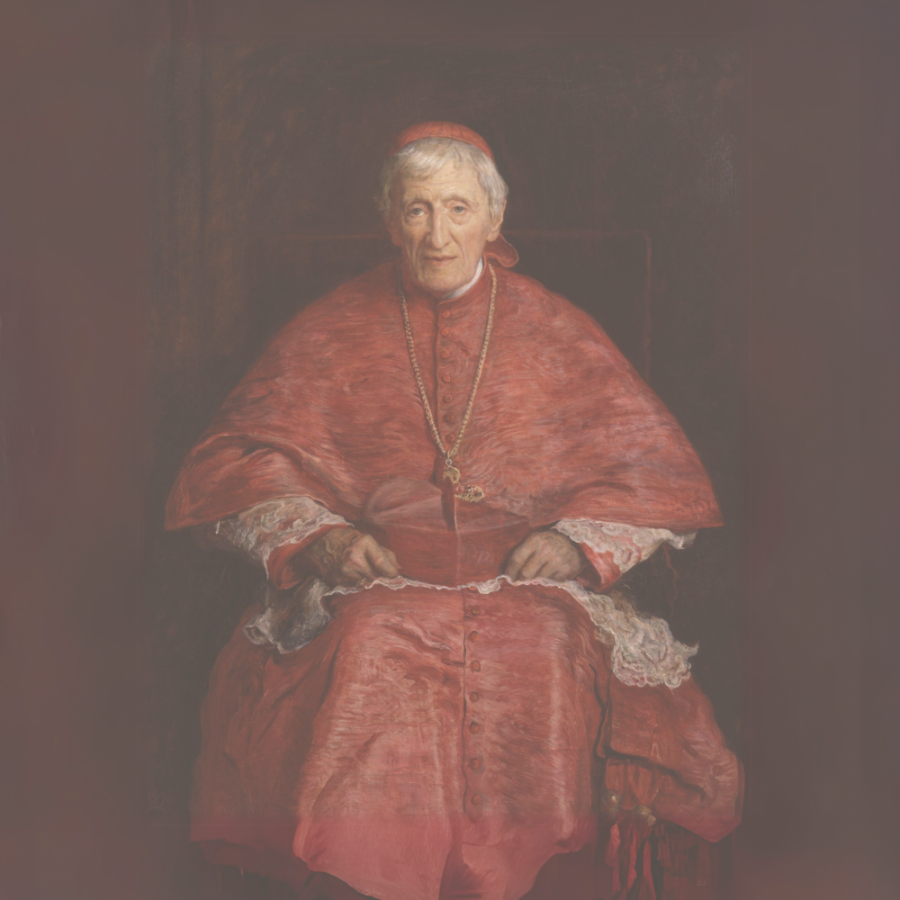Fons Vitae, an initiative to promote Catholic learning at Duke Divinity, is offering a six-part seminar-style course on John Henry Newman’s The Idea of a University led by Professor Reinhard Huetter, visiting professor of Catholic theology at Duke Divinity School. This short course is free and open to all. Participants are welcome to use any edition of The Idea of a University. The text may be accessed through the National Institute for Newman Studies. Participants may attend any sessions they choose. Register for the course now.
John Henry Newman’s Idea of a University is rightly considered a classic in the true sense of the word. That is, a “classic” continues to engage, challenge, and illuminate. And so Newman’s vision of university education remains a veritable and salutary challenge in the early twenty-first century. For those who read Newman’s book thoughtfully and reflectively, this challenge will turn out to take on an intellectual as well as an existential character, for the question of truth and its counterfeit is inherently connected with the question of the university and its counterfeit. Quo vadis, universitas?
About the Instructor
Reinhard Huetter, Dr. theol. habil., Visiting Professor of Catholic Theology at Duke Divinity School
Professor Huetter’s teaching and research focuses on fundamental theological questions, such as the relationship between faith and reason, nature and grace, revelation and faith, theology and philosophy, dogma and history, questions of theological anthropology, and the theology and epistemology of faith. He has an abiding interest in the thought of Thomas Aquinas and has, in more recent years, developed an intense interest in the thought of John Henry Newman. His most recent book is John Henry Newman on Truth and Its Counterfeits: A Guide for Our Times (CUA Press, 2020).
Course Schedule
January 31
Introduction to Newman’s Life and the context of The Idea of a University
February 7
Preface and Introductory Discourse 1
Discourse 2, Theology a Branch of Knowledge
February 14
Discourse 3, Bearing of Theology on Other Branches of Knowledge
Discourse 4, Bearing of Other Branches of Knowledge on Theology
February 21
Discourse 5, Knowledge Its Own End
1852 Discourse V “General Knowledge Viewed as One Philosophy”
February 28
Discourse 6, Knowledge Viewed in Relation to Learning
Discourse 7, Knowledge Viewed in Relation to Skill
March 6
Discourse 8, Knowledge Viewed in Relation to Religion
Discourse 9, Duties of the Church Towards Knowledge
